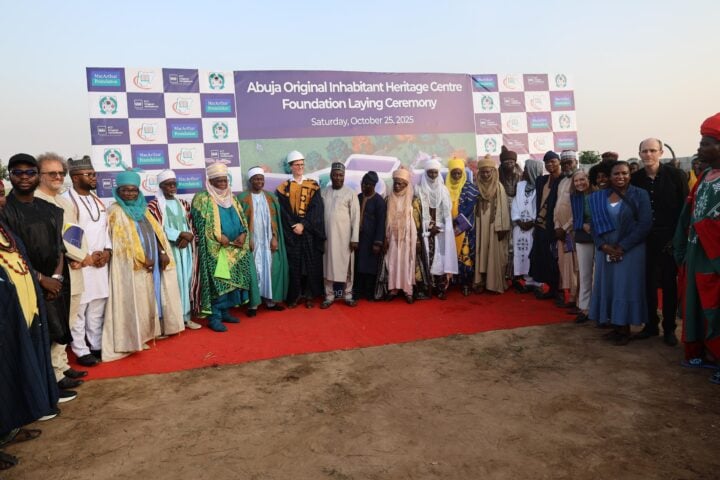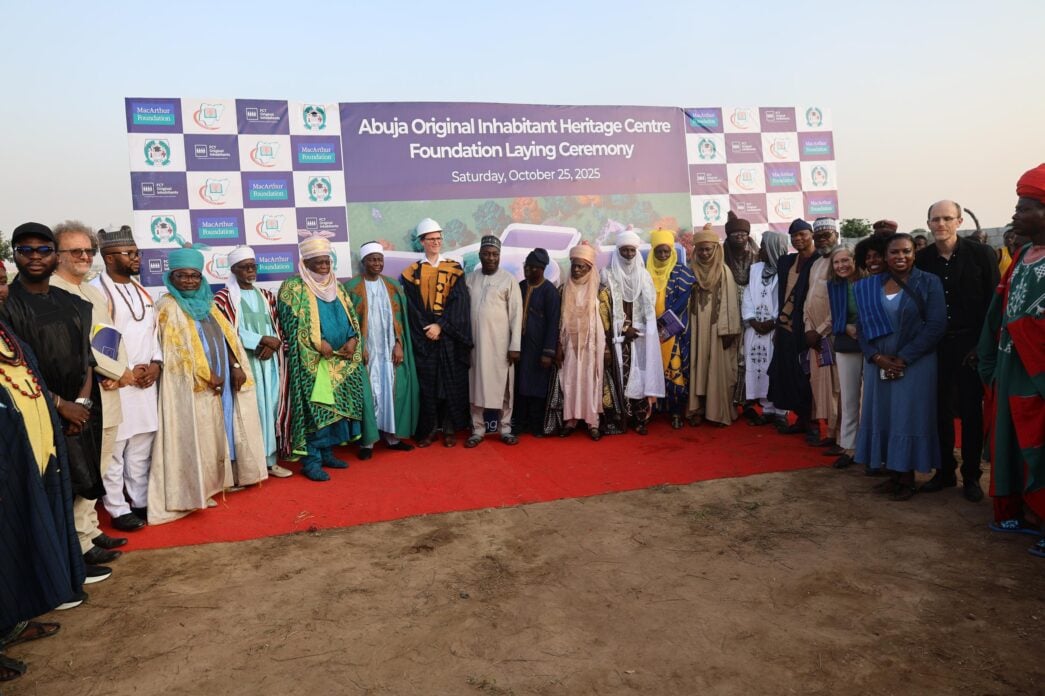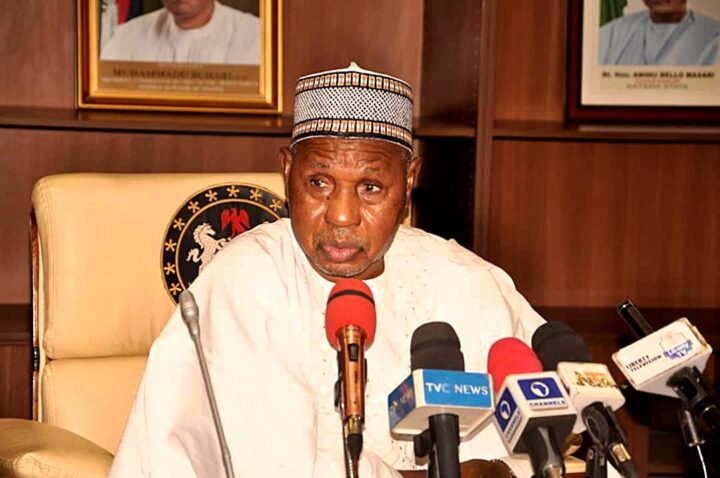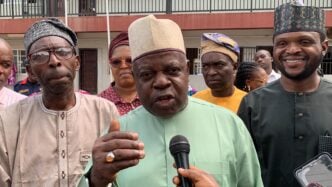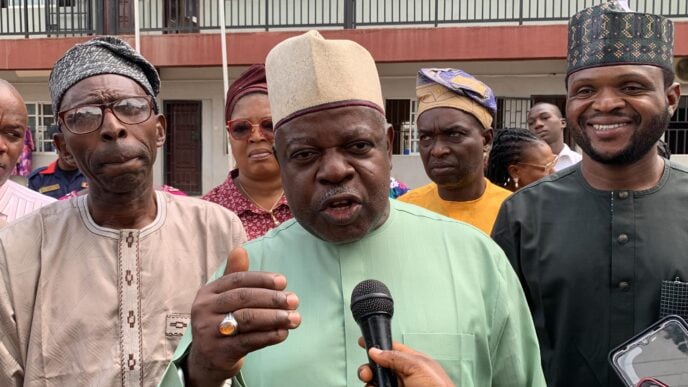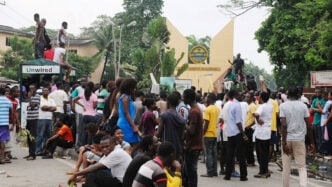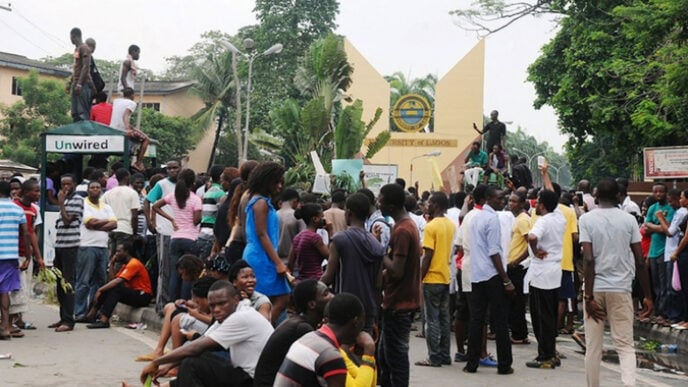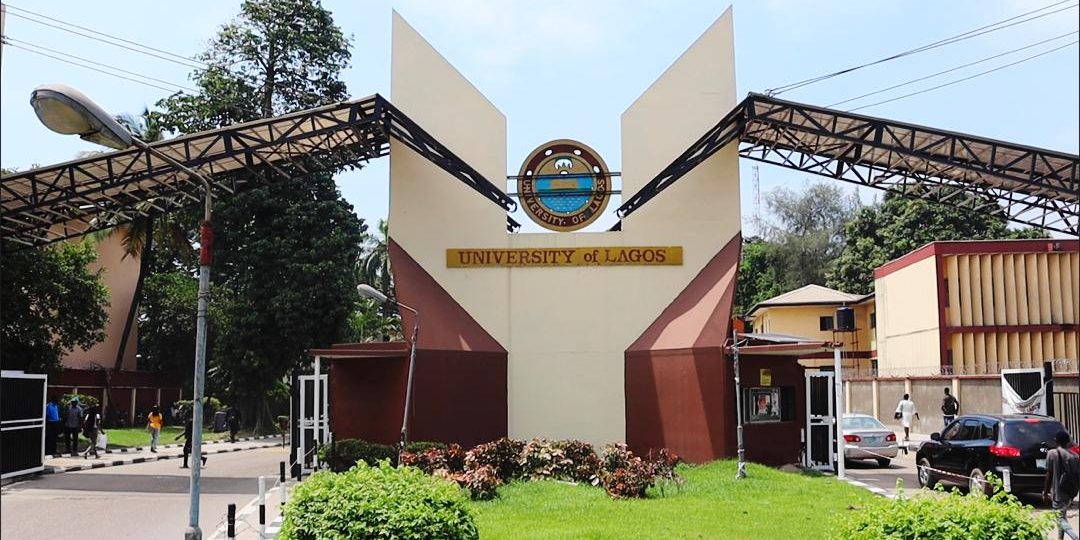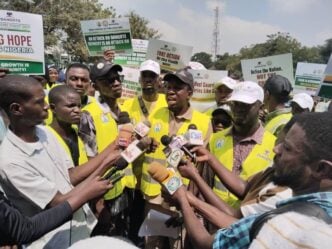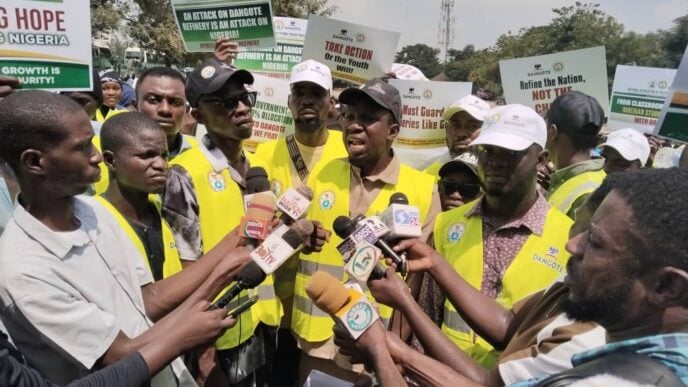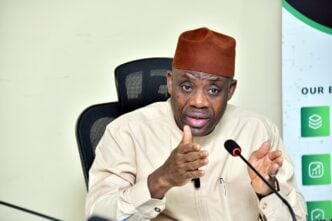The Resource Centre for Human Rights and Civic Education (CHRICED) has laid the foundation for the construction of the Abuja Original Inhabitant Heritage Centre.
The ceremony took place on Saturday at the University of Abuja, where the centre is situated.
The event was attended by top dignitaries, including John Palfrey, president of the MacArthur Foundation.
Gautier Mignot, head of the European Union delegation to Nigeria and ECOWAS, was represented by Massimo De Luca, head of co-operation.
Advertisement
Speaking at the event, Zikirullahi Ibrahim, executive director of CHRICED, said the heritage centre symbolises the end of a long era of exclusion and invisibility suffered by the indigenous people of the FCT.
He described the project as a “living monument to justice” and a major step towards recognising the rights and culture of the original inhabitants of Nigeria’s capital.
“This centre is not just concrete and steel. It is a living monument to justice. A sanctuary of memory. A lighthouse for dignity. It is a bold declaration that Nigeria’s future must be built on truth, inclusion, and respect for those who first called this land home,” Ibrahim said.
Advertisement
“This centre will serve as a bridge between culture and citizenship, between memory and justice. It is a place where the voices of Abuja’s original inhabitants, the first custodians of this land, will be heard, respected, and celebrated as essential to our national story.”
Abuja was formally declared Nigeria’s FCT by a military decree in 1976, officially becoming the seat of government in 1991.
The area, home to indigenous groups like the Gbagyi and Koro, was chosen for its central location and perceived ethnic neutrality.
This, however, led to the displacement of the original inhabitants, who were forcibly removed, a plight they have continued to protest.
Advertisement
Ibrahim said the project serves as a bridge between tradition and modernity, ancestral wisdom and civic innovation.
It is intended as a hub for research, dialogue, and engagement.
Ibrahim expressed gratitude to the MacArthur Foundation, the project financier, the European Union, and other partners for supporting the project.
Ismaila Mohammed, Sarki of Karshi, hailed the project as a milestone for justice and respect for the original inhabitants of the FCT, whose voices have been marginalised for decades.
Advertisement
The monarch said the Abuja centre would transcend the idea of a museum, serving instead as a “living record” to safeguard the culture, artefacts, and oral histories of the FCT’s nine indigenous tribes.
Adamu expressed satisfaction that the university would serve as the host institution, describing the initiative as a blueprint for meaningful transformation.
Advertisement
